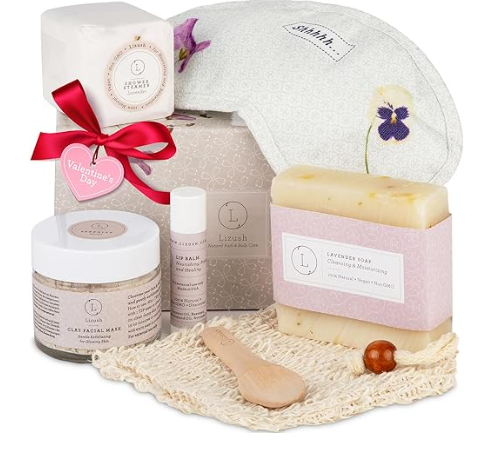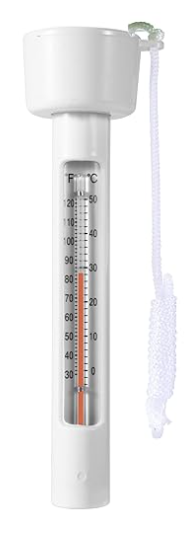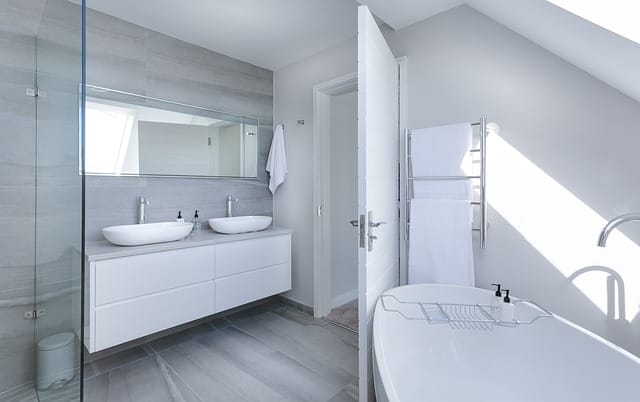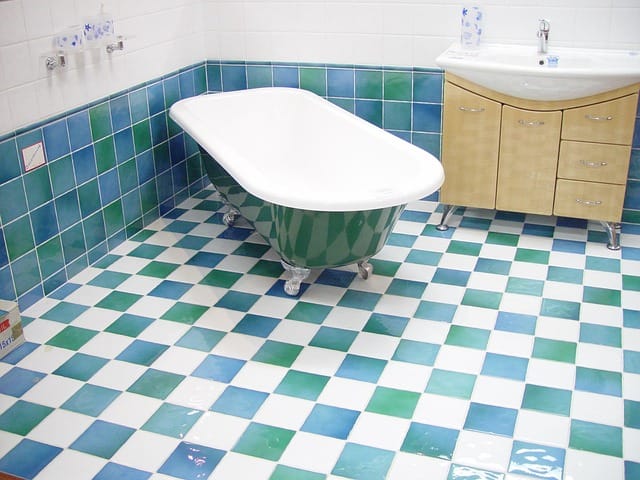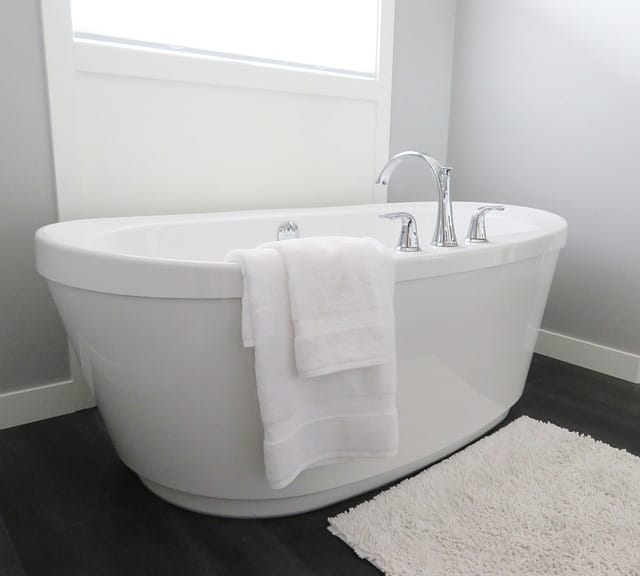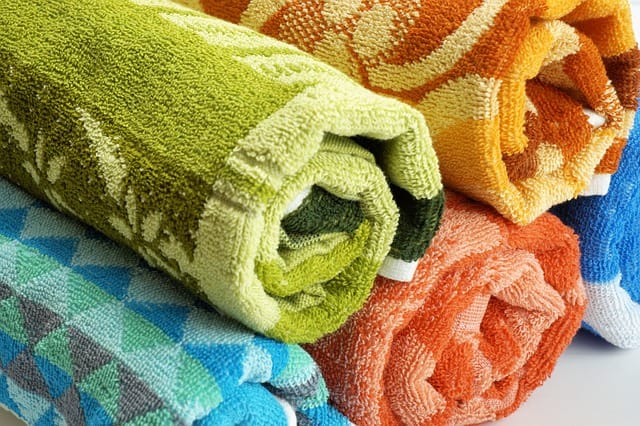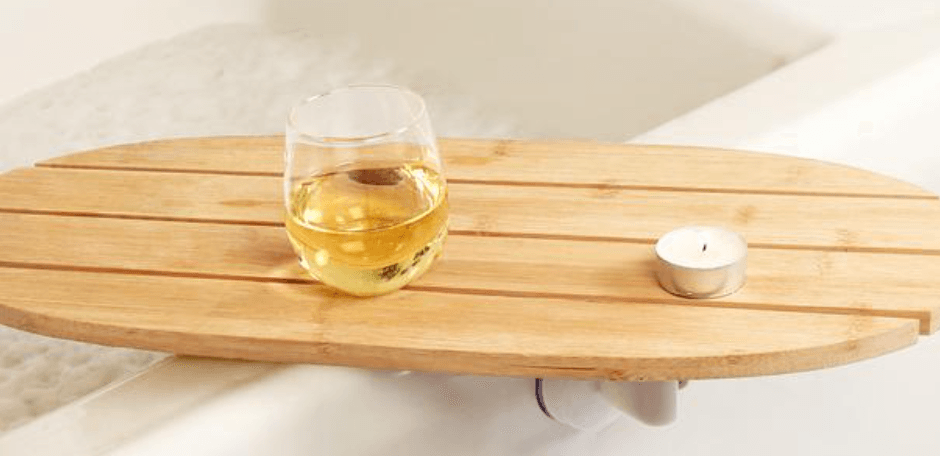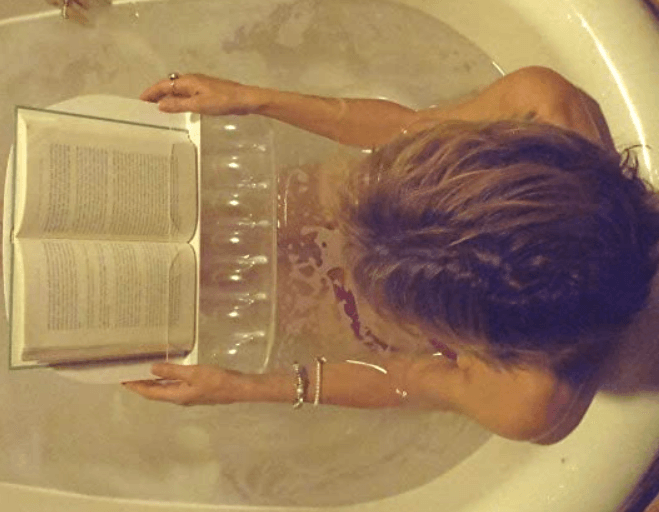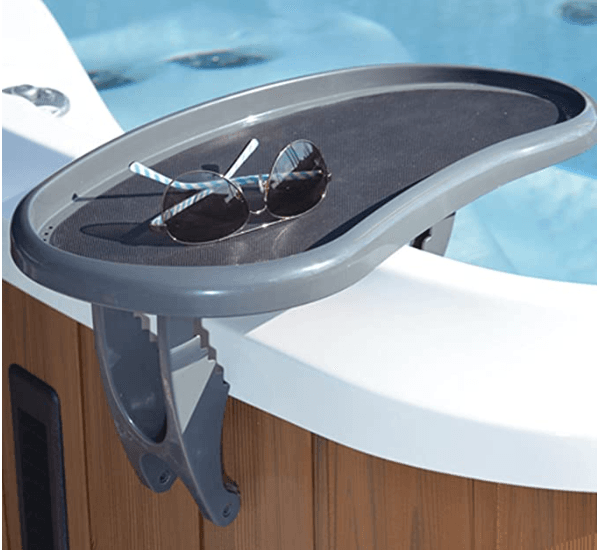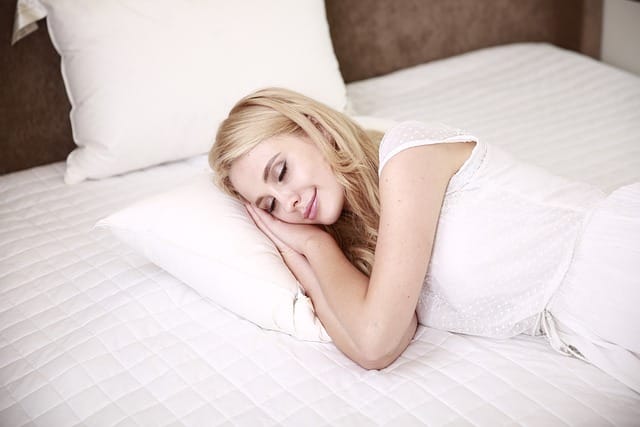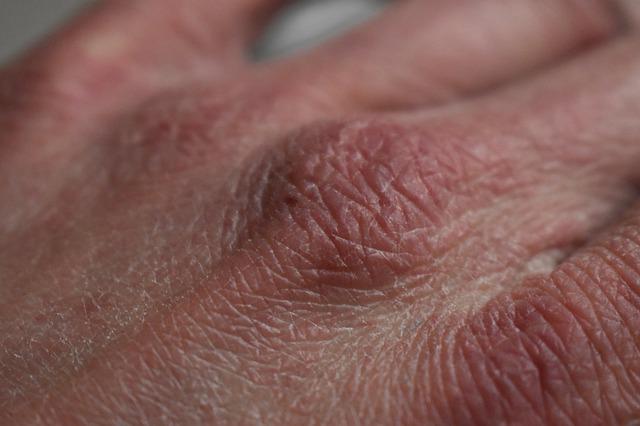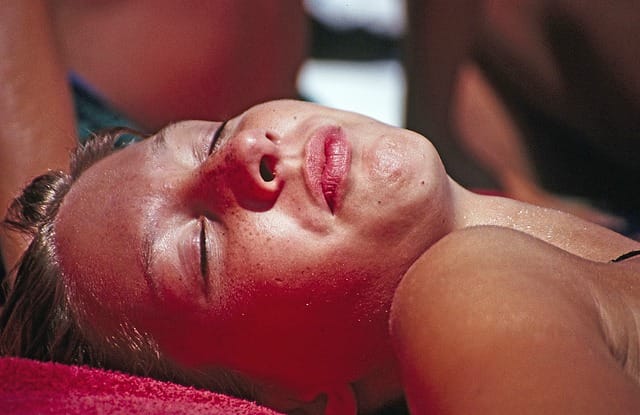When I consider what transforms the mundane into something spectacular, my thoughts often turn to the concept of luxury. In the realm of bath products, this term is especially intriguing. So, what really defines a luxury bath product? It’s not just about a heftier price tag or a recognizable brand; it’s about the experience that the product provides. Luxury bath products are those that offer a sensory journey, an unmatched level of quality, and a feeling of indulgence.
It’s this distinction that separates luxury bath items from their everyday counterparts. The criteria are simple and yet profound: first-rate materials, exemplary manufacturing processes, and often, a heritage of craftsmanship. A soap, for example, becomes luxurious when it melds the finest natural ingredients with an artisan’s touch, resulting in a sudsy masterpiece that cleanses and pampers the skin.
Beyond the tangible aspects of ingredients and expertise, luxury bath products envelop you in an experience. They’re often enrobed in beautiful packaging and deliver lingering scents that transform your bathroom into a personal oasis. It’s these products that make a routine bath feel like an act of self-care and well-being, transcending the basic function of cleanliness.
Considering this, it becomes clear why luxury bath products are sought after. It’s the emotional and physical well-being they promise—a commitment to your own care that begins the moment you uncork a bottle of rich, fragrant bath oil or unwrap a handmade soap. In the following section, I’ll share how you can bring this touch of elegance into your own bathing routine, turning your bathroom into a lavish retreat.
Transform Your Bathroom into a Spa Retreat: Tips for a More Luxurious Bath
Imagine stepping into your bathroom and feeling as if you’ve been whisked away to a tranquil spa. You can transform this space into a personal oasis with a few expert touches. To start, focus on aesthetic elements that can instantly boost the ambiance. Adding candles or oil diffusers alongside elegant holders can create soft, soothing lighting and release relaxing scents. Mood lighting, whether through dimmer switches or color-changing waterproof LEDs, can set the perfect tone for unwinding.
A luxurious bath isn’t just about what you see or smell; it’s also about what you touch. Upgrading to plush, high-quality towels, robes, and slippers can enhance your comfort and add to the spa feel. These items don’t just serve a practical purpose; they envelop you in softness, contributing to the overall sensory experience.
The next step is incorporating sensory elements that can deepen your relaxation. A few drops of essential oils or a fizzing bath bomb can make a significant difference. Aromatherapy plays a pivotal role in altering your mood and improving your sense of well-being. Opt for scents known for their calming properties, such as lavender, to help you unwind, or choose energizing citrus to invigorate your senses.
Lastly, consider incorporating luxury bath accessories or technology to elevate your bath time. A waterproof pillow offers support and comfort, enabling you to soak without strain. A portable Bluetooth speaker can play soft, relaxing music or nature sounds, setting the scene for ultimate relaxation.
By implementing these changes, your bath can become a more luxurious and soothing experience. Think of this space as a retreat where stress dissolves in the warmth of the water, and convenience marries opulence, setting the stage for the undeniable advantages that lie in the heart of a luxurious bath.
The Essence of Opulence: Elevate Your Bathing Experience
It’s undeniable that sinking into a warm, fragrant bath can feel like a momentary escape from the hustle and bustle of daily life. But when it comes to turning a simple soak into an indulgent, luxurious experience, there are both tangible and intangible factors that work harmoniously to elevate your bathing ritual.
The physical benefits of a bath go beyond mere cleanliness; warm water helps to relax tense muscles, promoting relief and recovery after a long day or tough workout. With luxury bath products, this effect is enhanced. Rich oils and sumptuous bath salts infused with minerals are designed not only to soothe your body but to also provide nourishment to your skin, leaving it supple, hydrated, and gently fragranced.
But a luxurious bath isn’t just about pampering the body, it’s also a feast for the soul. It’s an act of mental self-care, providing a private sanctuary where worries can’t find you. The serene atmosphere helps to clear your mind, reduce stress and anxiety, and prepare you for restorative sleep. I have related article that discusses some unconventional items to add to your bath for relaxation. Here it is: What To Put In Your Bath For a Relaxing Experience.
Incorporating luxurious bath items into your routine symbolizes the importance of investing in yourself. Self-care through such extravagance is a beneficial luxury that signals a commitment to your well-being and can even serve to increase your life’s overall quality by becoming a highlight of your day or week.
Planning a luxurious bath also involves setting the scene for a precious memory. Whether it’s a quiet evening alone or a romantic night in, the opulence of hand-picked bath products can transform the ordinary into the extraordinary. And by concluding your bathing experience with this mindset, it sets a splendid stage for gifting — sharing the richness of this personal indulgence with others.
Crowning Self-Care with Luxury: Gifting Premium Bath Sets
When it comes to expressing affection or gratitude, few gifts capture the sentiment quite like a premium bath set. The act of curating a luxury gift set for someone special is akin to wrapping your appreciation and best wishes in a package of indulgence and relaxation. Selecting the right items requires thoughtfulness and consideration for the receiver’s preferences and needs.
The magic in these gifts often lies in the details. Think about personalization. Initials monogrammed on plush towels or a hand-picked assortment of scents that reflect the recipient’s personality can transform an already luxurious present into a heartfelt and tailored treasure. Custom selections show that you pay attention to what makes the person unique, fostering a deeper connection.
Gifting luxury bath products serves as more than just a present; it’s an invitation to unwind and indulge. It’s a way to say, ‘Take time for yourself; you’re important.’ From a holistic point of view, these gifts not only pamper but also offer a gateway to enhanced well-being through the power of a luxurious bath.
While luxury is often associated with opulence, it’s essential to recognize that the choices we make have impacts beyond the immediate. Sustainable and ethically sourced products are becoming increasingly important. Opt for luxury brands that commit to eco-friendly practices and use high-quality, responsible ingredients. This way, the gift you choose honors the recipient as well as the environment.
Top 3 Recommendations
- Jasmyn & Greene Luxury Bath Gift Set for Women
- Peacoeye Valentines Day Gifts for Women Spa Gifts Lavender Bath Gift Baskets
- Lizush Bath Gift Set – Pampering Box with Spa Items, Valentines Day Gifts for Her
| Top 3 Recommendations | What I Like | Price Range |
| Jasmyn & Greene Luxury Bath Gift Set for Women | 20% Off | $35-40 |
| Peacoeye Valentine Day Gifts for Women Spa Gifts Lavender Bath Gift Baskets | 50% off | $20-25 (limited time offer) |
| Lizush Bath Gift Set – Pampering Box with Spa Items, Valentine Day Gifts for Her | # 2 most purchased on Amazon | $40-45 |
Jasmyn & Greene Luxury Bath Gift Set for Women
In this set you get 10 items to enhance your bath experience. Presented in a lovely gift box it will set the scene for a highly prized gift. What I like about this set is it includes lavender in the products, which is a relaxing scent to help you enjoy your bath experience even more. Besides bath products, it comes with a high quality lotion that extends your relaxation. And it even has a sleep mask to complete the experience. Last but not least, this is an Amazon Pick. It has 4.8 stars on Amazon.
Peacoeye Valentines Day Gifts for Women Spa Gifts Lavender Bath Gift Baskets
This gift set is in the number two spot for best sellers on Amazon, and is currently 50% off! Also with emphasis on lavender in its products, it includes a body butter. Looks good enough to eat! (But don’t!) Also presented in a beautiful gift box, it will be a joy to give and to receive. This set also has 4.8 stars on Amazon.
Lizush Bath Gift Set – Pampering Box with Spa Items, Valentines Day Gifts for Her
This set is a bit more expensive, but then you get a varied set of products. This set comes with a facial mask to pamper your complexion, and an eye mask for sleeping. They promote all natural products, so those of us that are concerned about chemical can enjoy this set. This set also has lip balm. I would say this set is different from the above two, but still a lovely gift to receive. This set also has lavender in the products. It has 4.6 stars on Amazon, and is listed as the #2 Most Purchased gift set.
Conclusion
In closing, a luxury bath set is a versatile and thoughtful gift, perfect for marking special occasions or simply as a token of affection. It’s a gesture that resonates with care, urging the receiver to pause and treat themselves to an experience that soothes the body and rejuvenates the spirit. Remember, it’s not just about the products; it’s about offering a slice of tranquility in the hustle of everyday life.
Let me know what you think about these products please! You’ll help others to choose the best one.
Affiliate Marketing
I am an affiliate marketer, which means I earn a commission on the products I recommend if you buy them through my links. The price is not increased to you, it is merely my reward for reviewing and recommending these products. As an Amazon Associate, I earn from qualifying purchases made by you, my audience. Thank you!


